Articles
SIRC articles provide evidence-based and actionable insights from sport researchers, athletes, coaches, sport organizations and thought leaders to advance sport in Canada.
Featured Article
Concussions in Sport: What Parents Need to Know About the Youngest Athletes
Each year in Canada, more than 200,000 athletes experience a concussion. The numbers are striking, and so is the fact that until recently, the youngest athletes were almost absent from research and public conversation about these injuries. Dr. Miriam Beauchamp is a professor at the University of Montreal, a researcher at Sainte-Justine Hospital, and Canada…
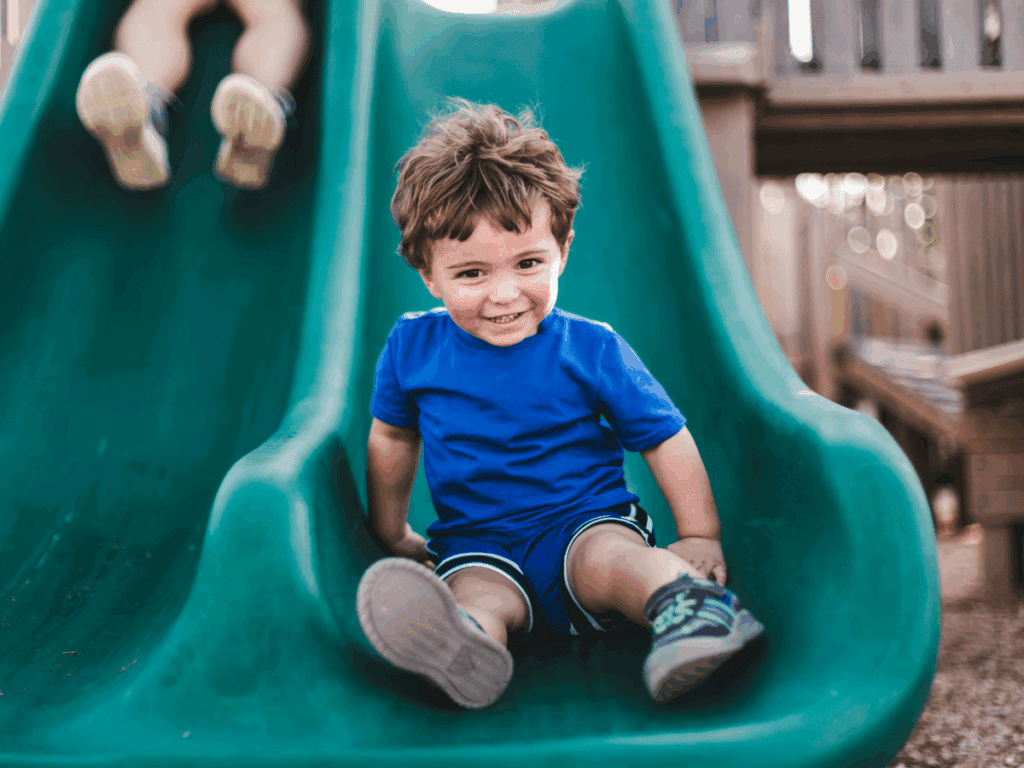
Search Articles

Belonging has been understood in many ways across lived experiences and fields of study. The sense of belonging, or lack thereof, can feel different for everyone. Carter (2021) explored 10 dimensions of belonging described by people with intellectual and developmental...

Facilitating physical activity and physical education participation in autistic children and youth
October 2, 2023
| Mathieu Michaud
Introduction and context Participation in physical activity (PA) and physical education (PE) is very important for all children and youth (C&Y) because it helps with physical, social, affective, and cognitive development (Bailey, 2006). Autistic C&Y especially gain from PA and...
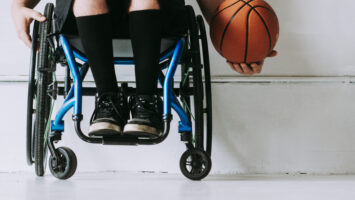
Athletes2Coaches: A mentorship program for athletes experiencing disability
August 24, 2022
| Jessica Ferguson, Carrie Millar and Jennifer Leo
Coaching athletes with a disability requires many of the same skills as coaching non-disabled athletes (for example, developing skill progression). However, coaching athletes with impairments often requires coaches to have disability-specific knowledge as well (Fairhurst, Bloom, & Harvey, 2017). Coaches’...
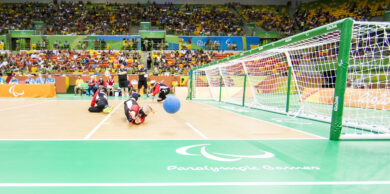
Enhancing sport and physical activity participation for Canadians with disabilities
July 25, 2022
| Veronica Allan, SIRC
Highlights When Jenny Davey first started working at the Canadian Paralympic Committee (CPC) in 2014, she had no idea how much a fledgling research partnership would shape the work she does in the Paralympic sport system 8 years later. “I...

We are family: How sport programming can support military families after illness and injury
November 10, 2021
| Celina H. Shirazipour, Jessica Capaldi, Amber Duongand and Alice B. Aiken
“I think the whole notion is that it’s the family that serves and it’s the family that heals together through something like this. Nobody does it alone. So I think it’s recognizing the whole family and how they’ve had to...
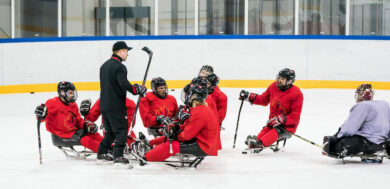
Concussion in Para athletes: One size doesn’t fit all
September 27, 2021
| James Kissick, Osman Hassan Ahmed and Richard Weiler, Concussion in Para Sport Group
Highlights In 2020, an international group of clinicians, researchers and athletes met virtually to explore how to best assess and manage concussion in an athlete with a disability. This group’s individuals had experience and expertise in the care of Para...
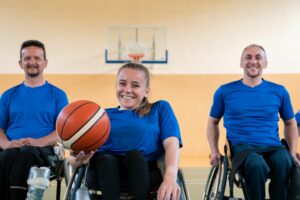
Project Echo: A movement to make Para sport a better place for all
September 1, 2021
| Erin Pearson and Laura Misener, Western University
The global COVID-19 pandemic has highlighted inequalities that many people experience, particularly the disparities experienced by persons with disabilities. According to the COVID-19 Disability Survey, over 50% of respondents noted that during the pandemic their needs weren’t being met in a...
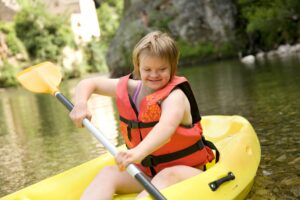
Creating quality sports programs for kids with intellectual and developmental disabilities
June 28, 2021
| Canadian Disability Participation Project
Children with intellectual and developmental disabilities (IDD) can benefit physically and psychosocially when they take part in sport (Baran et al., 2009, 2013; Weiss & Bebko, 2008). Unfortunately, their needs are often neglected, which leads to various physical, social, communication...
Build It Up, Knock It Down: My Journey with Program Evaluation in a Para Sport Organization
May 25, 2021
| Nicole Quinlan and Meghan Harlow, Brock University
This blog is part of a series in collaboration with Brock University. Written by a student in the ‘Program Evaluation in Professional Practice’ course, this blog details a student’s first-hand experience conducting a program evaluation during a placement with the...
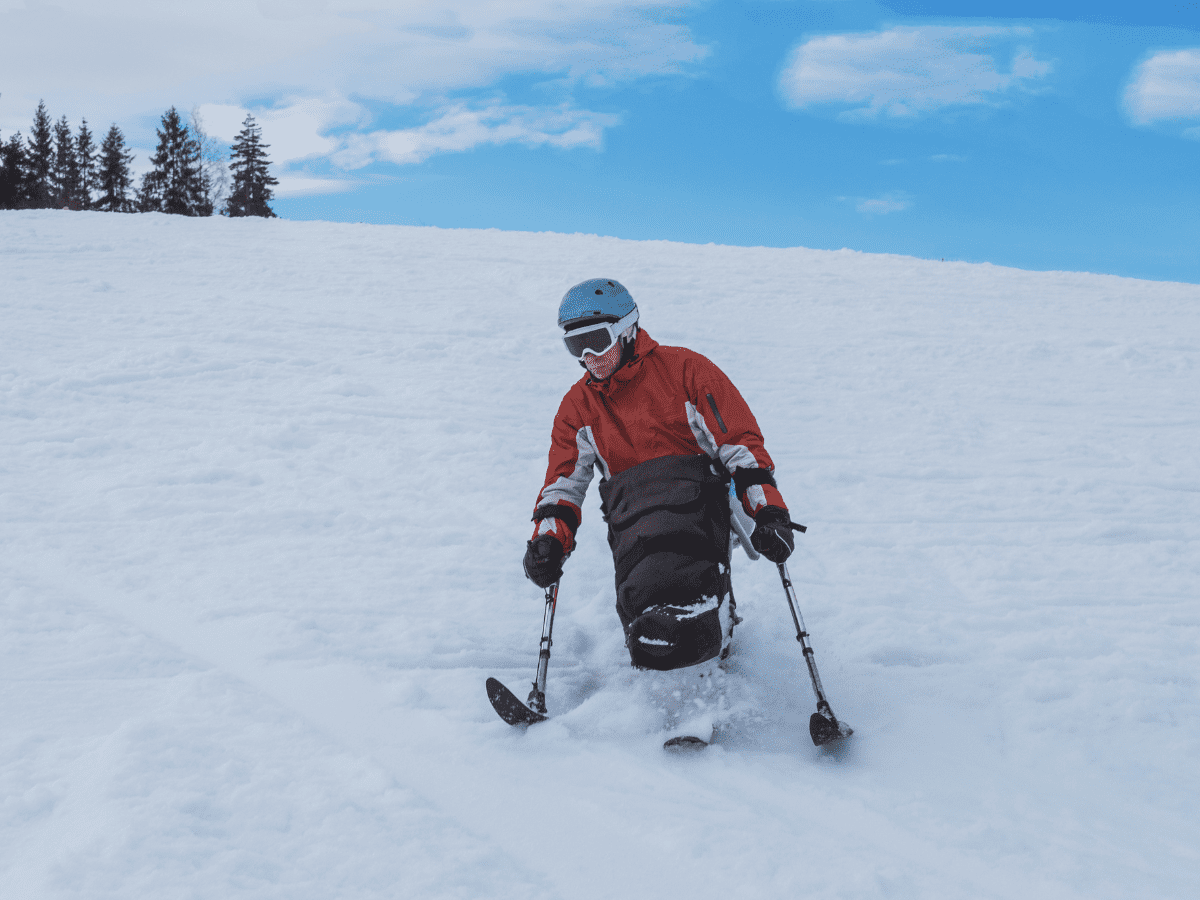
Supporting adaptive Snowsports Leisure Opportunities for People with disabilities (SSLOPE)
May 17, 2021
| William Miller
Introduction and context Participating in leisure-time physical activities (LTPA) contributes to the well-being of people with disabilities. Unfortunately, they are typically less engaged in LTPA compared to the general population. Especially during winter due to environmental barriers and limited programs....